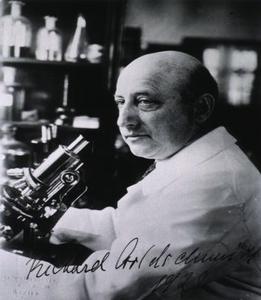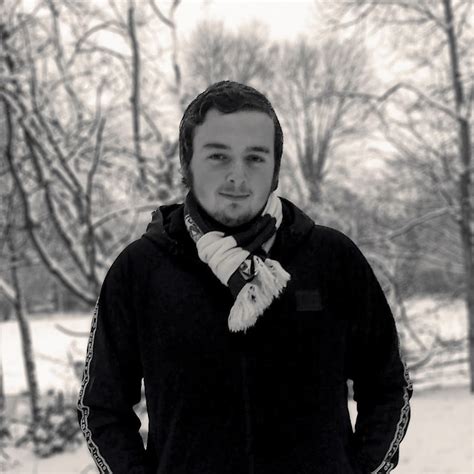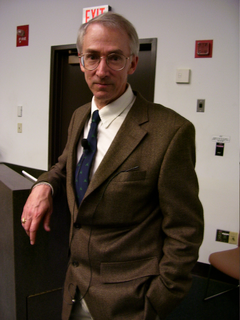A Quote by Elliott Sober
The rabid opposition to group selection has now considerably subsided. In the process, the conceptual structure of evolutionary theory has become clearer, as have the relationships that connect different theoretical approaches.
Related Quotes
Group selection and individual selection are just two of the selection processes that have played important roles in evolution. There also is selection within individual organisms (intragenomic conflict), and selection among multi-species communities (an idea that now is getting attention in work on the human microbiome). All four of these levels of selection find a place in multi-level selection theory.
I have spent a lot of time arguing that the theory of group selection is not the stupid, pernicious doctrine that many biologists once claimed it to be. The theory is not just conceptually coherent; there are adaptations out there in nature (like reduced virulence in some viruses) that evolved because there was group selection.
The theory of natural selection is the centerpiece of The Origin of Species and of evolutionary theory. It is this theory that accounts for the adaptations of organisms, those innumerable features that so wonderfully equip them for survival and reproduction; it is this theory that accounts for the divergence of species from common ancestors and thus for the endless diversity of life. Natural selection is a simple concept, but it is perhaps the most important idea in biology.
There are good reasons why natural selection has become widely accepted as an explanation of evolutionary development. When applied to mammals and other large animals, it fits perfectly. But we cannot assume that all evolutionary steps arise from selection, particularly when looking at smaller animals.
Darwin's principle of natural selection leads to the prediction that the proper way to analyze any evolutionary development is to see the new features as adaptive to environments. And that's a perfectly good principle. The problem is that there are many evolutionary biologists who view everything that happens in evolution as directly evolved for adaptive benefit. And that just doesn't work. Whenever you build a structure for adaptive reasons, the structure is going to exhibit properties that have nothing to do with adaptation. They're just side consequences.
A complete theory of evolution must acknowledge a balance between "external" forces of environment imposing selection for local adaptation and "internal" forces representing constraints of inheritance and development. Vavilov placed too much emphasis on internal constraints and downgraded the power of selection. But Western Darwinians have erred equally in practically ignoring (while acknowledging in theory) the limits placed on selection by structure and development what Vavilov and the older biologists would have called "laws of form.
Natural Selection is not Evolution. Yet, ever since the two words have been in common use, the theory of Natural Selection has been employed as a convenient abbreviation for the theory of Evolution by means of Natural Selection, put forward by Darwin and Wallace. This has had the unfortunate consequence that the theory of Natural Selection itself has scarcely ever, if ever, received separate consideration.
The more evolutionary theory gets called an atheistic theory, the greater the risk that it will lose its place in public school biology courses in the United States. If the theory is thought of in this way, one should not be surprised if a judge at some point decides that teaching evolutionary theory violates the Constitutional principle of neutrality with respect to religion.
Now let me step back from the problem and very generally discuss natural selection and what we know about it. I think it is safe to say that we know for sure that natural selection, as a process, does work. There is a mountain of experimental and observational evidence, much of it predating genetics, which shows that natural selection as a biological process works.
One reason that a truth and reconciliation process is needed for group selection is to return to the simplicity of the original problem and Darwin’s solution. As Ed Wilson and I put it in our recent review article titled “Rethinking the Theoretical Foundation of Sociobiology“: Selfishness beats altruism within groups. Altruistic groups beat selfish groups. Everything else is commentary.



































